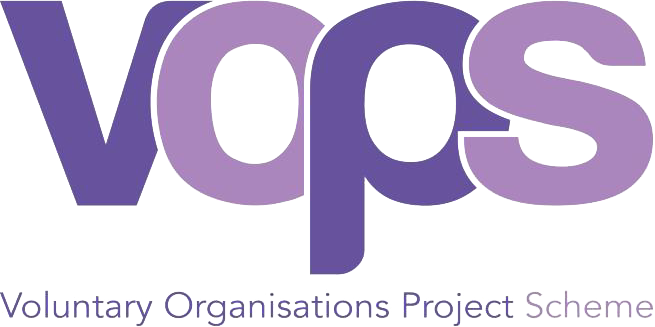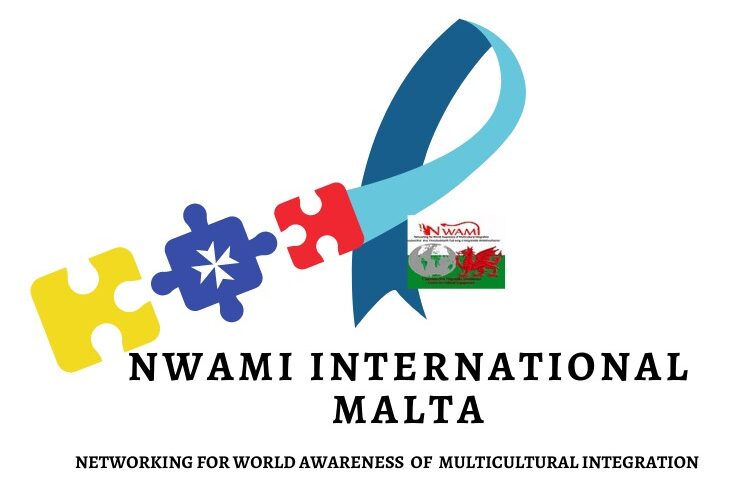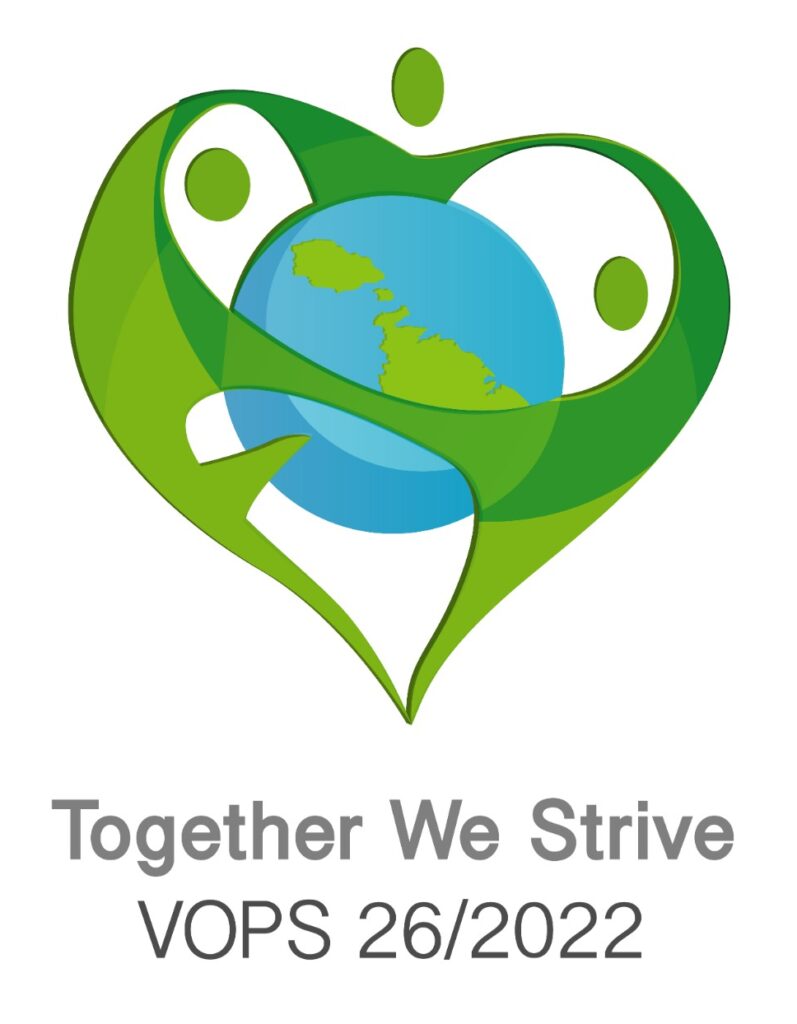
OUTCOME ROUNDTABLE
Introduction
The Outcome Action Roundtable for the VOPS Together We Strive project was held on the 11th January 2023 at the Ronald McDonald House Charities Malta Learning Centre in Qawra. As the project’s concluding event, it once again brought together diverse stakeholders and entities who had participated in the project’s initial roundtables, and provided a platform for reflection and lessons learnt in order to arrive towards the drafting of proposals for a systemic sustainability policy.
This VO and community project addressed the intrinsically interlinked issues of community and enviromental resilience, even in the light of the United Nations’ Sustainable Development Goals and Malta’s contribution to COP26. The Outcome Roundtable welcomed a dynamic mix of stakeholders including representatives from the general public and activists (community influencers), together with representatives from entities amongst which Friends of the Earth Malta, The Scout Association, Kunsill Nazzjonali Żgħażagħ and African Migrant Community representatives.
The outcome rountable consisted of two parts: the presentation of the outcome of the project’s research component by MISCO co-founder Lawrence Zammit, and a stakeholder working session. The introduction by NWAMI International Malta (NIM) President and Chair of Projects & Research, Marie-Gabriele Doublesin set the scene by offering a summary of all the actions in this project which led to the Outcome Roundtable event, both with regards to the general thrust of the whole project but also to the specific activities that produced a practical output within the Together We Strive framework. The transformative community-based project, in fact, proposed to help tackle current societal challenges and prepare for the future, in the light of the pace and complexity of global change and resulting demands. Malta’s society, like other European societies, is facing many sustainability challenges, from youth unemployment and an ageing population to climate change, pollution, the debate on sustainable energy and migration.
Together We Strive, even as witnessed from the project’s subtitle, is a proactive attempt to kickstart a much-needed debate and action for the creation of a ‘Sustainable Environment Free from Barriers that Divide”, thus implying the preservation of the European model of social cohesion, through investiment in our young people, the fostering of inclusive and sustainable growth, the tackling of inequalities and a sound management of migratory phenomena. In her review, Ms Doublesin demonstrated how the Together We Strive Community Engagement Series served as a building block towards getting people together, including relevant stakeholders, to cooperate and pool their knowledge and resources to help build sustainable inclusive communities and educate and empower the public. This has been evident in the variegated attendance to all activities in the series, with a healthy mix of individuals and entities, the latter spanning from community police to migrant associations and local NGOs.
The stakeholders also learned that on a practical level then, three events were organised where one could see civil society engagement in action: an art and innvoation workshop, a minimum waste cuisine activity and an interactive session on climate change and pollution. Beyond strengthening the network of participants and renewing synergies and alliances created, the engagement in practical but enjoyable and meaningful activities enabled a hands-on approach to the problems discussed throughout the Together We Strive cycle, especially within the general rationale of the crucial need to accelerate the transition to a low-carbon, climate resilient, resource-efficent and circular economy. The combination of discussion, education and practice developed into opportunities for strong engagement together with the promotion of an awareness of discussion, research and innovation as the main pillars for the creation of alternative solutions.
All actions, including this Outcome Roundtable, together with general projects’ rationale, addressed particular UN Sustainable Development Goals, which included SDG 3 – Good Health and Wellbeing, 4 – Quality Education, 5 – Gender Equality, 10 – Reduced Inequalities, 11 – Sustainable Cities and Communities, 12 – Responsible Consumption and Production, 13 – Climate Action, 16 – Peace, Justice and Strong Institutions, & 17 – Partnership for Goals.
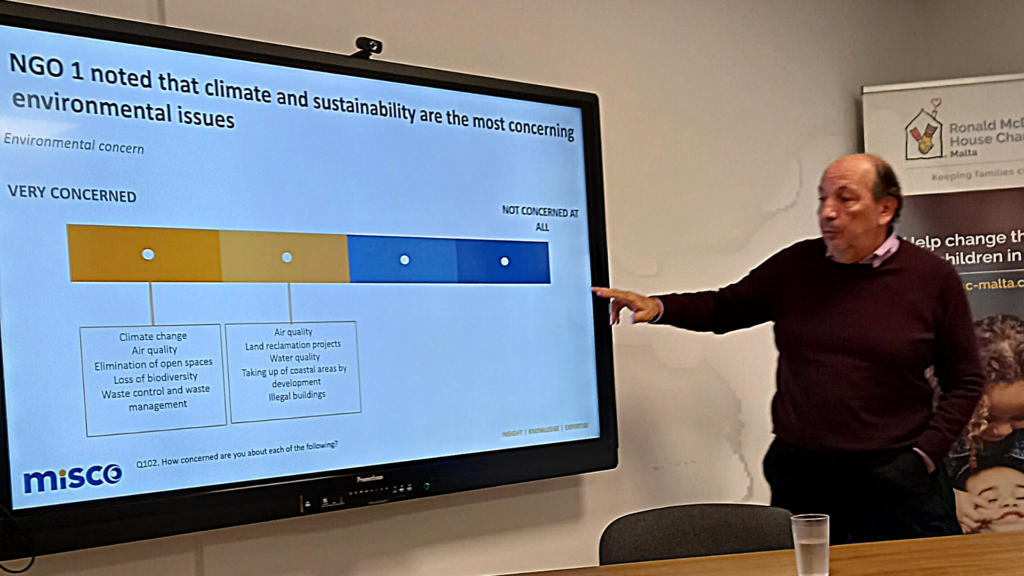
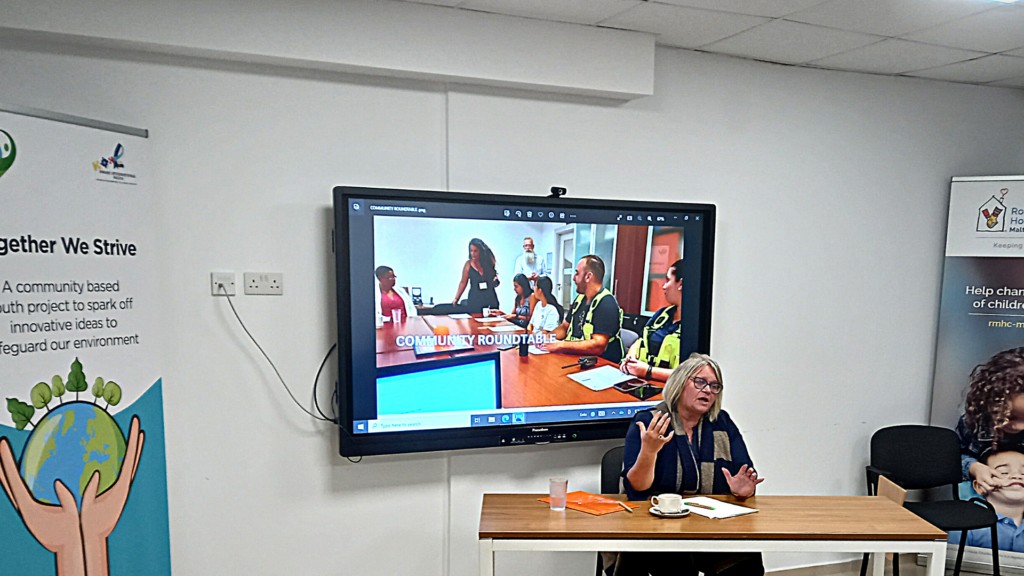
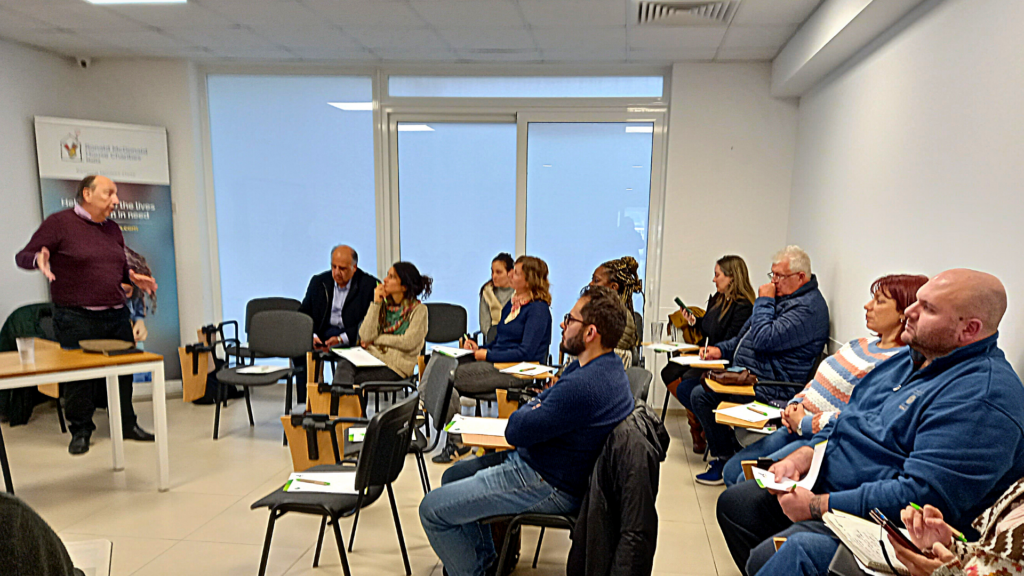
Survey
The results of the survey conducted by MISCO were presented and explained by Lawrence Zammit. The first part of the survey involved the participation of Maltese and migrant youths between 16 and 30 years old who were interviewed on their concerns about the environment. Apart from the interesting cohort, which paired Maltese and Sub-Saharan young people, the salient findings provide food for discussion and at times fly in the face of common perceptions and prejudices.
The environment as viewed by Maltese and migrant youth
- Around one out of three youths are concerned by air pollution
…but migrants are exceptionally conscious of climate change and traffic.
Nevertheless,the impact of traffic on climate change, and the concept of climate change in general might be conceived in a different way by migrants, even as observed through anecdotal evidence from the African representatives during the Outcome Roundtable, describing the phenomenon as a “Western political concept”. Thus, this provides an opportunity for a focus on relevant public education on the matter and further cooperation and convergence between Maltese and migrant youth.
- All Maltese youths are very concerned about illegal building
…migrants seem more likely to consider the enviroment as important to them
- Migrant youths are slightly more concerned than Maltese that the environment affects our health and lifestyle
…. Maltese youths view the environment in terms of greenery while migrants in terms of the ocean/sea
Both cohorts in their absolute majority think that Malta should do more to protect the environment. While Maltese and migrant youths both list enforcement as one of the main solutions, migrants mention reduction of cars and traffic while Maltese put enviromental awareness on top.
It seems that there are many points of convergence between Maltese and migrant youths on the general principle of enviromental protection, and culture and life experience seem to be the differential that leads them to observe it in different ways, as seen for example in the perception related to cars and traffic. This is also the case with regards to participation and engagement: less migrants took part in events in favour of the enviroment than Maltese youths, and if they did, their majority took part or would take part together with Maltese individuals.
Migrants thus have enviromental concerns that coincide with those of Maltese youths, but might approach them in different ways. This is even due to the distance created by racism and perceptions related to multiculturalism: in fact, 17% of young migrants do not feel comfortable mixing with Maltese youths (with the main reason being racism), while 59% of Maltese respondents have a negative feeling towrds third-country nationals. This divide is also reflected in the way that respondents chose to take action in favour of the enviroment: whilst one third of the Maltese participated in protests and thus engaged in the political dimension, one third of migrants preferred community engagment through local council events.
First impressions from these statistics show a great potential for cooperation between Maltese and migrant youths towards common goals, equally endorsed and accepted in principle, which however can happen if certain essential differences are bridged, such as the political concept of environmental action, the value of community involvement, and the appreciation of climate change and environmental issues beyond a local/cultural/identitarian perspective. This gives rise to the need for an NGO platform that through collaboration and education could serve to bridge these gaps, whilst according importance to the need of integrating migrants from the get-go and appreciating the possibly different worldview with which certain issues are felt and analysed.
NIM would possibly be an ideal broker for such a potential platform, especially in the view of the ambivalent results of this survey which clearly point to very useful points of convergence and the attitudes that might prevent further collaboration and integration.
NGOS
A study was also carried out with 5 NGOs (KNŻ, Saġġar, Din l-Art Ħelwa, Birdlife Malta, Scouts) regarding this theme. Issues varied according to the group’s missions. Whilst the Kunsill Nazzjonali Żgħażagħ was the only NGO to have participated in events that included migrant youth organisations, all other NGOs expressed their willingness and openness to migrant participation. This lack of actual connection with migrants is most probably due to the differenti setup and working aims of the particular NGO, especially the traditional or long-established ones. Main concerns for the environment were predominantly climate change and sustainability, pollution and loss of countryside, with the Scouts Association showing attention to particular issues such as gas emissions, fuel scarcity and construction dust.
Once again the main takeaways from this survey show that barriers are present, but that a general concern for the enviroment offers a great scope for development and action towards working together, particularly within a systemic sustainability policy that includes education as a central component.

THIS PROJECT HAS BEEN FUNDED THROUGH THE VOLUNTARY ORGANISATIONS PROJECT SCHEME MANAGED BY THE MALTA COUNCIL FOR THE VOLUNTARY SECTOR
